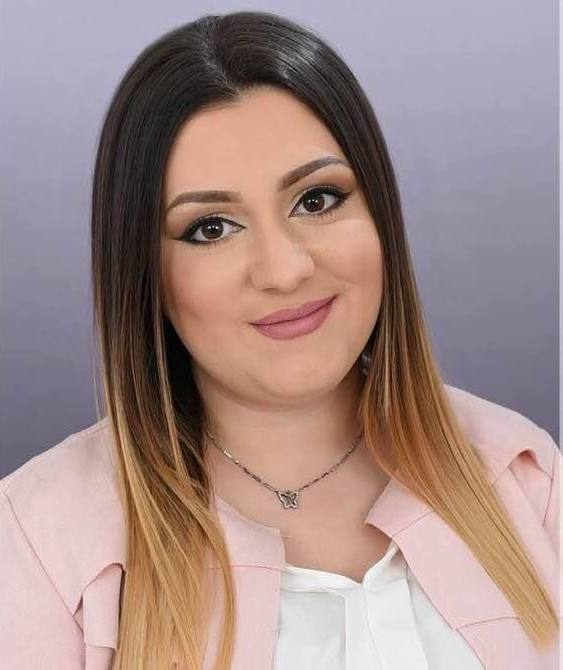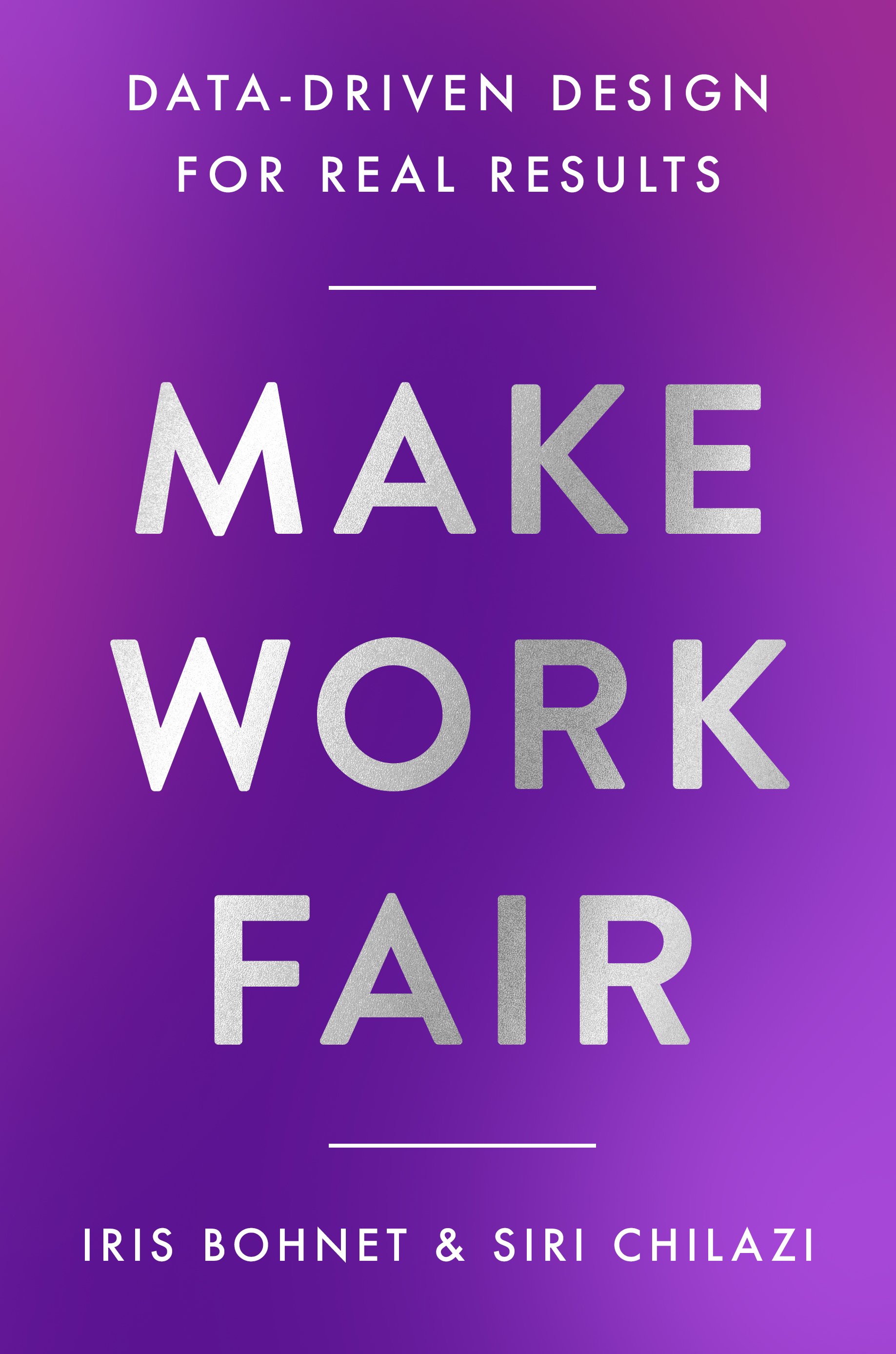
Siri Chilazi is a senior researcher at the Women and Public Policy Program at Harvard Kennedy School and an internationally recognized expert in advancing women and promoting gender equity in organizations. As an academic researcher, Siri specializes in identifying practical approaches to close gender gaps at work by de-biasing structures and designing fairer processes. As an advisor and speaker, she collaborates with organizations including start-ups, large multinational companies, top professional services firms, governments, non-profits, and academic institutions to advance gender equity through evidence-based insights.
Siri’s work regularly appears in leading media outlets and she has spoken on gender equity at hundreds of large events around the world. Siri is the coauthor, with Iris Bohnet, of Make Work Fair: Data-Driven Design for Real Results (HarperCollins, 2025). Siri has an MBA from Harvard Business School, a Master in Public Policy from Harvard Kennedy School, and a BA in Chemistry and Physics from Harvard College.
The Inspiration Behind the Pages
1. What inspired you to write this book?
I have been studying gender equality—and fairness more broadly—in the workplace for many years, and one of the things that always surprises me is the disconnect between the insights that academics like me are generating through research and the practices we see people using in organizations. Simply put, there is a lot more evidence out there than people realize on what works, and what doesn’t, to design fairer, better organizations. My life's work is to promote gender equality and fairness at work by bridging this gap, and writing a book seemed like one of the best ways to reach a broad audience with a new set of ideas—especially when I got to do it together with my amazing colleague and friend, Iris Bohnet.
At the end of giving talks, people would often ask us, “Where can I learn more? What is a resource that I could point my team to?” So we were inspired to write that go-to resource that would give everyone around the world access to the latest, evidence-based insights on how we can make work fair.
The Challenges Behind the Inspiration
2. What was the biggest challenge you faced while writing this book, and how did you overcome it?
The biggest challenge by far was cutting the book down to its current length – we had more than twice the amount of material! There simply is so much excellent research and so many inspiring stories to share. But as a behavioral scientist, I know that if you want people to pay attention, you can't overload them with information.
We tried our best to balance being comprehensive with being concise. While the process was challenging, I have to say that it made me a much better writer!
Takeaway That Lasts
3. Do you have a favorite quote or key takeaway from your book that you hope readers will carry with them?
The biggest message of Make Work Fair is that fairness is not a program, but a way of doing things. In many organizations, efforts to promote diversity, equity, and/or inclusion are programmatic in nature, by which I mean that they are separated from the daily flow of work: a once-a-year training, a quarterly employee resource group meeting, a one-off speaker event, or a random networking reception. As the evidence reveals, these types of one-off efforts have not yielded the real, measurable results that we all hope for when it comes to fairness at work. Instead of these programmatic efforts, we need to embed fairness into our everyday work: how we conduct meetings, how we hire new colleagues, how we evaluate performance, how we identify future leadership for the organization, how we promote people, our policies around remote work, parental leave, and expense reimbursements, and so forth.
One of my favorite examples of how we can do this comes from Ros Atkins, a TV presenter at the BBC in London. A few years ago, he realized that he didn't have any data on whether he was representing women and men equally as experts on his nightly primetime news program. So Atkins and his team started counting the number of women and men they featured on air every night, and in so doing, generated the data themselves. They were surprised to discover that when they started, women only made up 39% of experts contributors on air. With that data in hand, they set themselves a goal of getting to 50-50, and they reached that goal in four months by becoming more thoughtful about which experts to feature, and how to source new experts for the program. But what's even more amazing is that once they had fixed representation on their own show, Atkins and his team started sharing their approach with other colleagues at the BBC.
Now, eight years later, this effort has become the global 50:50 The Equality Project and has spread globally within the BBC, as well as to hundreds of external partner organizations that are using the same, data-driven methodology to make their work more fair. The lesson here is that no matter your role, your seniority, or where you are in the world, there is something you personally can do to make your own work fair (even if HR doesn’t feed you data or the CEO doesn't make it a companywide mandate).
Inspiring the Next Authors
4. What advice would you give to aspiring authors in tech or those looking to share their voices in this space?
The world needs your voice! That said, I have found that it's always easier to speak and write when you know a topic deeply and have something to say with conviction. So my advice is to cultivate your expertise by always learning and taking every opportunity to exchange ideas with others in your space. I, for example, love engaging with organizational leaders, HR directors, and DEI professionals at talks and conferences because their comments, questions, and challenges make me a better researcher. Our book was, in many ways, inspired by the conversations Iris and I have had over the years with real people in real organizations who are trying to make progress on fairness. Through studying these people and their work, we have been able to learn from both their successes and their challenges—and now to share those learnings more broadly through Make Work Fair.
One more thing: If writing a book seems like a distant dream, know that there are still steps you can take in that direction today. Start contributing your writing to an internal company newsletter, or blog, or LinkedIn. Start networking with people who organize conferences in your space and learn what it would take to get a speaking slot. Join an industry group to meet fellow professionals in other companies and expand your network. You’ll be amazed how quickly those small steps add up!





